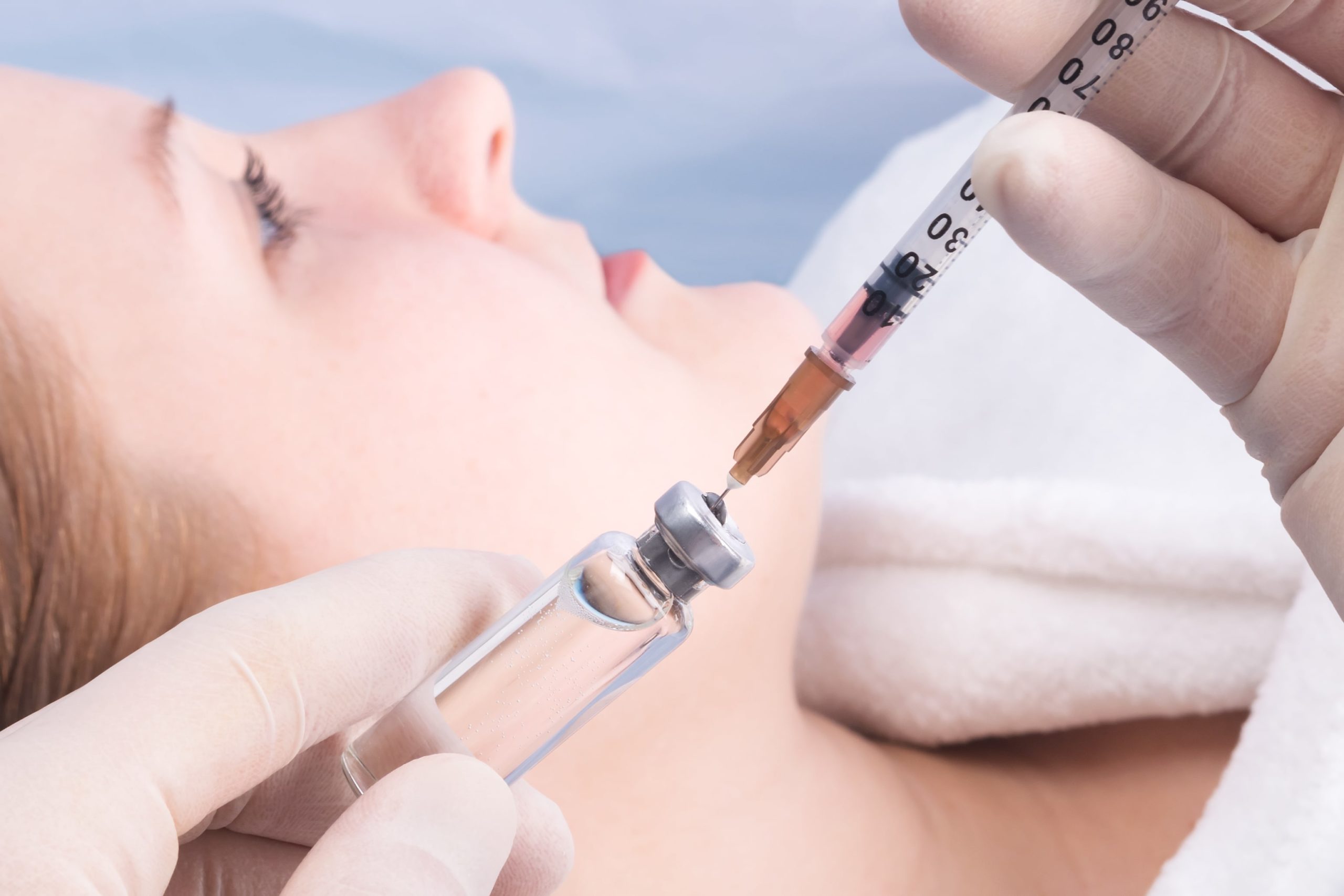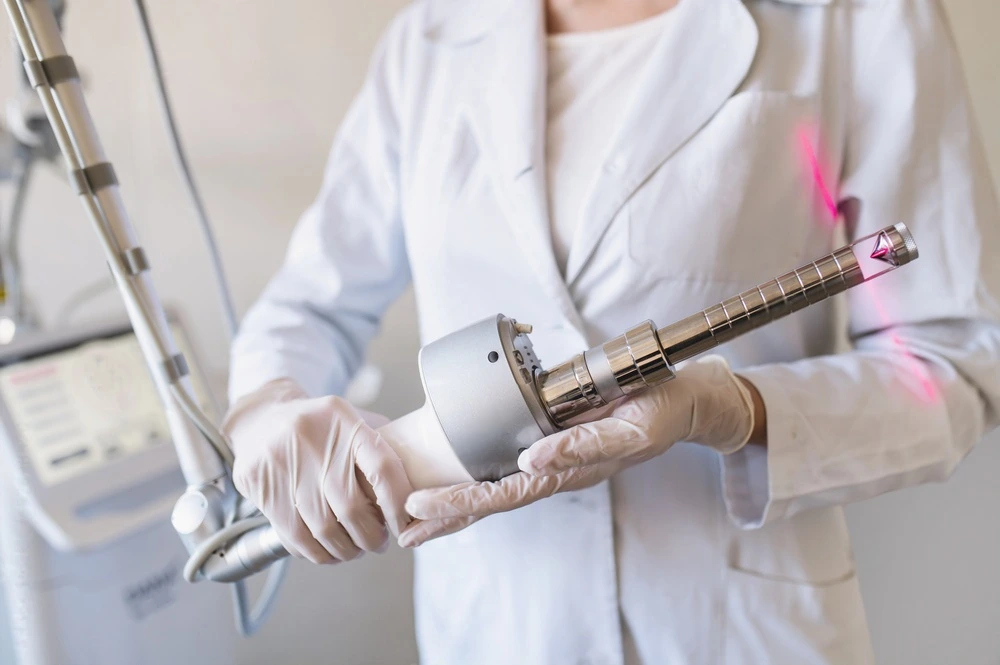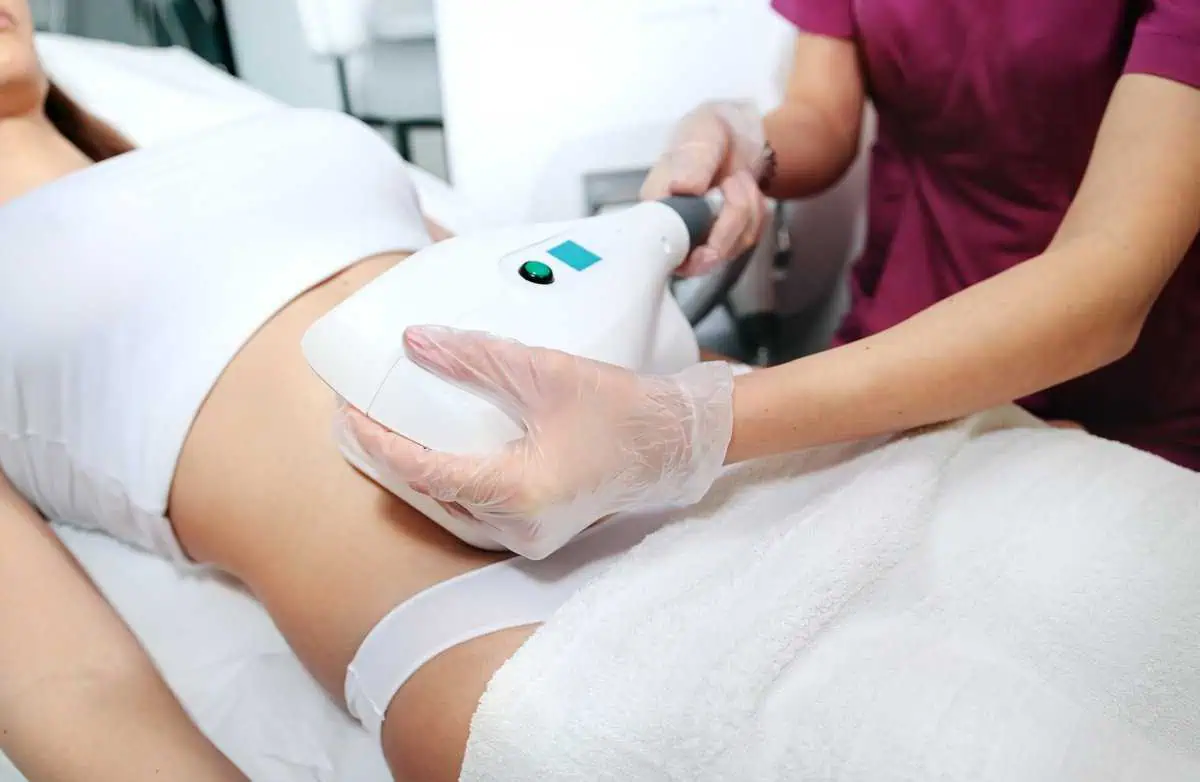Are you looking for a revitalizing boost for your body? You’re not alone. Therapeutic peptide therapy has stormed the medical world, promising enhanced vitality, improved wellness, and a body that works optimally. But let’s face it – we’ve all heard of miracle cures and raised an eyebrow. As the adage goes, if it sounds too good to be true, it often is.
That’s where the new health mantra comes into play: ‘evidence-based.’ It’s about leveraging cutting-edge science to unlock our body’s inherent healing powers, not falling for quick-fix solutions. So, how do we navigate this complex world of peptides between exaggerated claims and the undeniable potential of this therapy?
That’s precisely what we’re diving into today. We’ll decode the science of therapeutic peptide therapy, explore its varied applications, and guide you on how this could potentially transform healthcare as we know it.
Therapeutic Peptide Therapy: An In-depth Look
Therapeutic peptide therapy refers to the use of specific peptides for targeted treatments. These peptides are typically designed or selected to interact with specific cell receptors in the body, influencing biological processes to achieve a desired therapeutic effect.
The therapeutic applications of peptides span various conditions, from metabolic disorders and cancers to autoimmune diseases and aging. The diversity of peptides and their functions make them highly adaptable medical tools. Each type of therapeutic peptide can have a different function, ranging from acting as enzymes, hormones, or even antibodies, based on their structure and the sequence of their amino acids.
One of the key benefits of therapeutic peptide therapy is its precision. Since peptides interact with specific receptors, they can be designed to target particular cells or tissues, reducing the risk of side effects commonly seen with more generalized treatments. Additionally, peptides naturally occur in the body, so there’s often a lower risk of adverse reactions.
The Healing Power Of Therapeutic Peptide Therapy
One of the critical aspects of therapeutic peptide therapy is its ability to stimulate natural healing processes. For instance, some peptides can promote tissue repair and regeneration, making them useful in wound healing and injury recovery. Others can modulate the immune system, potentially offering therapeutic benefits for autoimmune conditions and allergies.
Peptides also play a significant role in metabolic functions. They can influence processes like insulin regulation, potentially offering new avenues for treating metabolic disorders like diabetes.
In addition, specific peptides have shown promise in neuroprotective functions, offering potential benefits for neurodegenerative conditions like Alzheimer’s disease.
Aesthetic Applications
Peptides hold significant potential in aesthetics, offering a range of benefits from skin hydration and collagen production to wound healing. The specific benefits derived from a peptide-infused product largely depend on the type of peptide used. Still, generally, they are suitable for all skin types, barring any specific allergies to a peptide.
Peptides are key components in anti-aging skincare products. They work synergistically with other beneficial ingredients to enhance their effects. For instance, peptides are often combined with hyaluronic acid, a potent moisturizer capable of holding up to 1000 times its weight in water, thus boosting skin hydration and plumpness.
Further enhancing their versatility, peptides can also be paired with retinol, a derivative of vitamin A known to promote cell turnover, thus aiding in skin rejuvenation and reducing fine lines and wrinkles. The combination of vitamin C and peptides helps to brighten the skin, enhancing its radiance and reducing signs of dullness and fatigue.
Another beneficial pairing is peptides with niacinamide, a form of vitamin B. This combination supports skin health by improving elasticity, enhancing skin barrier function, and reducing redness and blotchiness.
Unlike some skincare ingredients, peptides are generally well-tolerated in facial products. They are less likely to cause irritation, redness, or peeling that may occur with other ingredients like retinol. Nevertheless, before incorporating new products into your routine, performing a patch test or consulting with a skincare professional is recommended.
In a broader sense, peptides are not only confined to facial aesthetics. Companies like BodySculpt offer peptides that can assist with weight loss, alleviate intestinal damage, aid in healing stomach ulcers, and support wound recovery. Their peptide-infused serums are highly concentrated and designed to penetrate deeply into the skin, optimizing their effects on cell maintenance and communication.
Peptides Combinations
- CJC-1295/Ipamorelin: This peptide combination is often used for anti-aging purposes and to enhance athletic performance. CJC-1295 acts as a growth hormone-releasing hormone (GHRH) analog, while Ipamorelin is a growth hormone-releasing peptide (GHRP). Together, they help stimulate the body’s natural growth hormone production, potentially improving muscle growth, fat loss, and recovery times.
- BPC-157: Known as a body-protective compound, BPC-157 is believed to have regenerative effects. It’s commonly used to support the healing of wounds, including muscle and tendon injuries, and to promote gut health.
- Dihexa: This peptide has been studied for its potential neuroprotective properties. It’s believed to facilitate the repair of brain tissue and improve cognitive function, showing promise for conditions like Alzheimer’s and Parkinson’s disease.
- Thymulin: This peptide hormone, produced by the thymus gland, plays a crucial role in immune system function. Its therapeutic potential is being explored in immune regulation and anti-aging treatments.
- Epitalon: Epitalon is used for its potential anti-aging benefits. It’s believed to influence the activity of telomerase, an enzyme that extends the length of telomeres, the protective caps on the ends of chromosomes. Longer telomeres are associated with longer cell life.
- SS-31 (Elamipretide): This peptide can reduce oxidative stress and inflammation. It’s being studied for its possible therapeutic effects on conditions like heart disease, kidney disease, and age-related macular degeneration.
- Semax: A nootropic peptide, Semax is used for its potential cognitive-enhancing effects. It’s believed to improve memory, concentration, and mental performance and is being explored for its possible benefits in stroke recovery and optic nerve disease.
- TB-500: This peptide is known for its regenerative properties, particularly in promoting wound healing and tissue repair. It’s often used to enhance injury recovery, especially in sports medicine.
- PT-141: PT-141, also known as Bremelanotide, is a peptide used for its potential effects on sexual dysfunction in both men and women.
- MOTS-c: This peptide is studied for its potential role in metabolism regulation. It’s thought to influence energy production and usage in the body, showing promise for conditions like obesity and type 2 diabetes.
Takeaway
Ready to unlock the healing power of peptides and experience a new level of wellness? Begin your journey with BODYSCULPT by Sakoon. Our providers offer a wide range of peptide therapies tailored to your needs. From enhancing athletic performance to promoting overall health, BODYSCULPT by Sakoon guides you every step of the way. Don’t wait—start your journey toward optimal health today. Contact BODYSCULPT by Sakoon to experience the best services!






